Michael Winterbottom - Dark Matter: Independent Filmmaking in the 21st Century
Here you can read online Michael Winterbottom - Dark Matter: Independent Filmmaking in the 21st Century full text of the book (entire story) in english for free. Download pdf and epub, get meaning, cover and reviews about this ebook. year: 2021, publisher: British Film Institute, genre: Art. Description of the work, (preface) as well as reviews are available. Best literature library LitArk.com created for fans of good reading and offers a wide selection of genres:
Romance novel
Science fiction
Adventure
Detective
Science
History
Home and family
Prose
Art
Politics
Computer
Non-fiction
Religion
Business
Children
Humor
Choose a favorite category and find really read worthwhile books. Enjoy immersion in the world of imagination, feel the emotions of the characters or learn something new for yourself, make an fascinating discovery.
- Book:Dark Matter: Independent Filmmaking in the 21st Century
- Author:
- Publisher:British Film Institute
- Genre:
- Year:2021
- Rating:5 / 5
- Favourites:Add to favourites
- Your mark:
Dark Matter: Independent Filmmaking in the 21st Century: summary, description and annotation
We offer to read an annotation, description, summary or preface (depends on what the author of the book "Dark Matter: Independent Filmmaking in the 21st Century" wrote himself). If you haven't found the necessary information about the book — write in the comments, we will try to find it.
Eye-opening and addictively readable. Total Film
Who and what decides if a film gets funded? How do those who control the purse strings also determine a films content
and even its message? Writing as the director of award-winning feature films including Welcome to Sarajevo, 24 Hour Party People and The Road to Guantanamo as well as the hugely popular The Trip series, Michael Winterbottom provides an insiders view of the workings of international film funding and distribution, revealing how the studios that fund film production and control distribution networks also work against a sustainable independent film culture and limit innovation in filmmaking style and content. In addition to reflecting upon his own filmmaking career, featuring critical and commercial successes alongside a very long list of films that didnt get made, Winterbottom also interviews leading contemporary filmmakers including Lynne Ramsay, Mike Leigh, Ken Loach, Asif Kapadia and Joanna Hogg about their filmmaking practice.
The book closes with a vision of how the contemporary filmmaking landscape could be reformed for the better with fairer funding and payment practices allowing for a more innovative and sustainable 21st century industry.
Michael Winterbottom: author's other books
Who wrote Dark Matter: Independent Filmmaking in the 21st Century? Find out the surname, the name of the author of the book and a list of all author's works by series.

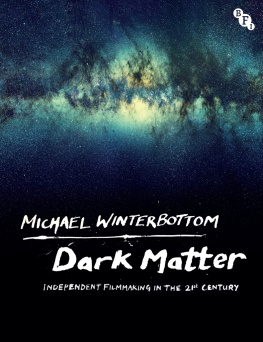
![Jon Fitzgerald - Filmmaking for Change: Make Films that Transform the World [2nd Ed.]](/uploads/posts/book/436017/thumbs/jon-fitzgerald-filmmaking-for-change-make-films.jpg)
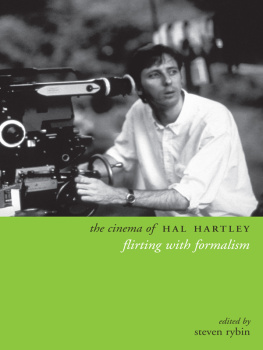

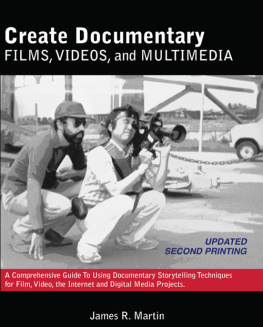
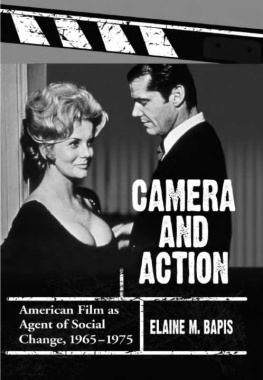

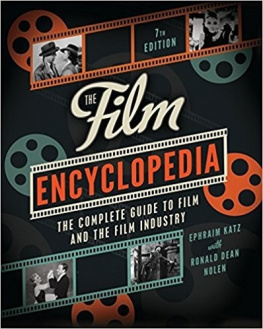
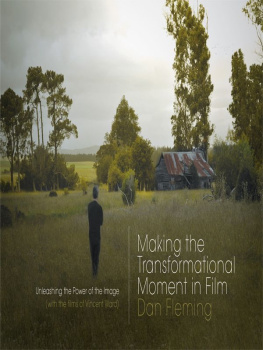
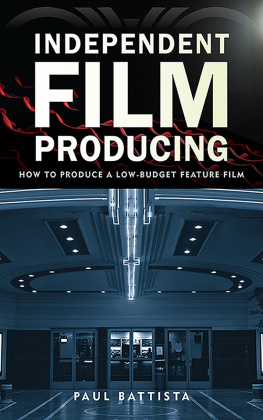



 Pawe Pawlikowskis first film was The Stringer in 1998. He has made two films in Britain since then, the last being My Summer of Love in 2004.
Pawe Pawlikowskis first film was The Stringer in 1998. He has made two films in Britain since then, the last being My Summer of Love in 2004.